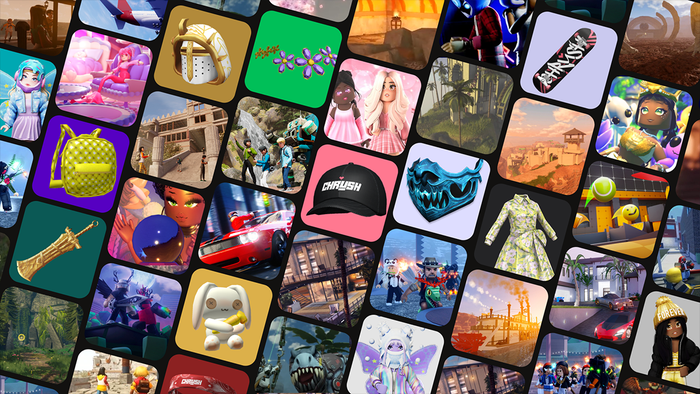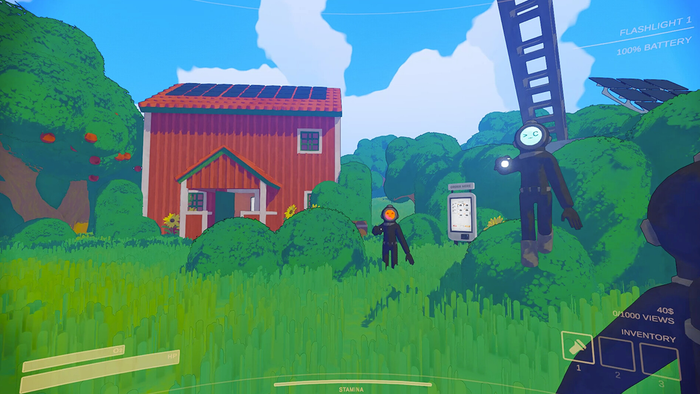
Featured Blog | This community-written post highlights the best of what the game industry has to offer. Read more like it on the Game Developer Blogs.
A recent re-imagining of The Who's Tommy which replaced traditional pinball with Wii Pinball left a sour taste in my mouth and got me thinking about the implications of video games as major players in the entertainment industry.

[A recent re-imagining of The Who's Tommy which replaced traditional pinball with Wii Pinball left a sour taste in my mouth and got me thinking about the implications of video games as major players in the entertainment industry.]
Yesterday I saw an “updated” production of The Who's Tommy. For the uninitiated, Tommy is a rock opera, penned mostly by The Who guitarist Pete Townsend. It is the story of an abused boy who becomes catatonic in response to trauma he witnesses as a child but finds release through pinball, eventually becoming the best pinball player in the world despite being blind, deaf, and dumb.
The play culminates with Tommy literally breaking a mirror to free himself from his own inner prison and realizing that fame, fortune, and accolades are no match for the beauty of the human condition. It is a wonderful story with excellent music and many, many drug references.
The updated version replaced a lot of the drug references with “The Media” and pinball with “Wii Pinball.” While none of the lyrics changed, much of the on and off-stage action was altered by these choices and subsequently ruined the whole thing for me.
The themes of purity in the original were muddied by making adult Tommy into a goth/hipster instead of the man-child he is traditionally portrayed as, effectively turning what once was a story of redemption into an episode of “My So Called Catatonia,” starring Jared Leto.
Additionally, Tommy's separation from, and subsequent reuniting with, humanity was lightened by the constant flailing needed to sell the Wii concept. I realize that everyone and their grandmother owns a Wii, but the inappropriateness of the choice to use it was highlighted by some of the earlier scenes in which Tommy was using an Atari, a Nintendo, and an Xbox.
When“young Tommy” was playing those systems he wasn't moving and was able to sell the catatonic nature of his condition. The boy, standing statue-like on stage with a controller in his hand while madness broke out around him, Awesome games of Pong and Halo displayed on large projection screens on the sides of the stage made me believe that he was some sort of gaming prodigy. Once the Wii was introduced the whole thing just got plain silly.
So, to get to the whole point of this tirade and what we can learn from it as game developers. While the Wii is an excellent ambassador for gaming, it is still not an accurate representation of gaming as a whole.
Could the Wii have worked in this instance? Sure, they could have had him doing minimal movements while remaining catatonic, but I'm not sure that most people understand the minimal movements that the Wii actually requires. Ultimately when one is updating or re-imagining existing IP the appropriateness of the choices in that process must be taken with the utmost seriousness.
As games continue to increase their cultural relevance over movies and television, their function as a communication channel becomes more susceptible to abuse and misuse. As the legitimacy of the channel increases I expect to see more gaming remakes of older IP that was traditionally based in other media. The conversion of those properties to games must be done with care, not only to preserve what is good in the original, but also to preserve what is good in games.
If the Wii truly is gaming's gateway drug, then we are on the brink of something amazing in terms of broad based acceptance of more hardcore gaming fare. As developers and community members we are the stewards of the culture. If we base our design choices on what is best for the properties with which we are entrusted, our path, though probably more difficult, will ultimately be more rewarding in its culmination.
About the Author(s)
You May Also Like







